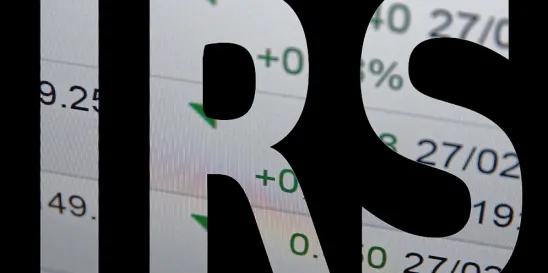The IRS recently released proposed regulations interpreting the provisions of the Code pertaining to donor-advised funds ("DAFs"). The regulations provide needed definitions of working terms such as DAFs, Donors and Donor-Advisors, and delineate taxable distributions that are subject to certain excise taxes.
Very generally, a DAF is a fund or account created by a public charity (a sponsoring organization) to assist Donors in making charitable contributions. Donors make irrevocable contributions to DAFs and may subsequently offer nonbinding advice to the sponsoring organization regarding distributions from the DAF to eligible charities. DAFs are favored by Donors for the convenience of having a single repository for their charitable donations, and also because Donors receive a tax deduction in the year of contribution to the DAF, even if the funds are not disbursed to charities until later years. DAFs typically accept cash and appreciated securities. Donors recognize no tax upon the contribution of appreciated securities to DAFs, and DAFs are not taxed on the contribution of any additional growth because the securities belong to the DAF’s sponsoring organization.
The proposed regulations broadly define a DAF as a fund that is “separately identified” and has advisory privileges. The definition of Donors does not include tax-exempt public charities or government entities, and the definition of Donor-Advisors includes investment advisors who manage the assets of a DAF. Any such investment advisors who constitute Donor-Advisors should not be compensated directly by a DAF because such compensation is an excess benefit transaction under Section 4958(c)(2) that is subject to a 25% tax penalty.
Contributions to a DAF are intended to be irrevocable insofar as actual or deemed distributions from a DAF, or other utilization of DAF assets, that more than incidentally benefit a Donor are subject to one or more excise taxes under Sections 4966 and 4967.
These regulations are likely the first of several installments intended to clarify, and possibly more narrowly limit, the use of DAFs. As the IRS begins to provide more precise guidance, charitable Donors utilizing DAFs would be wise to partner with sponsoring organizations that carefully implement and adhere to IRS rules.









 />i
/>i
